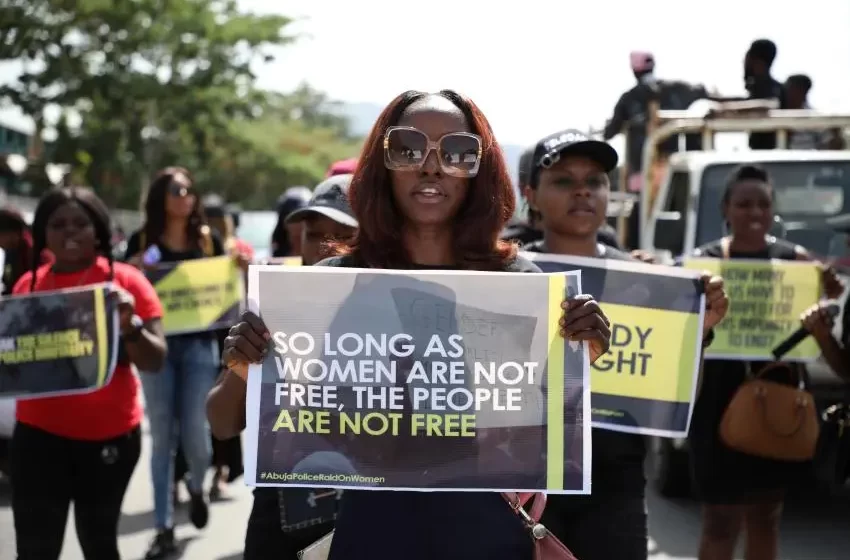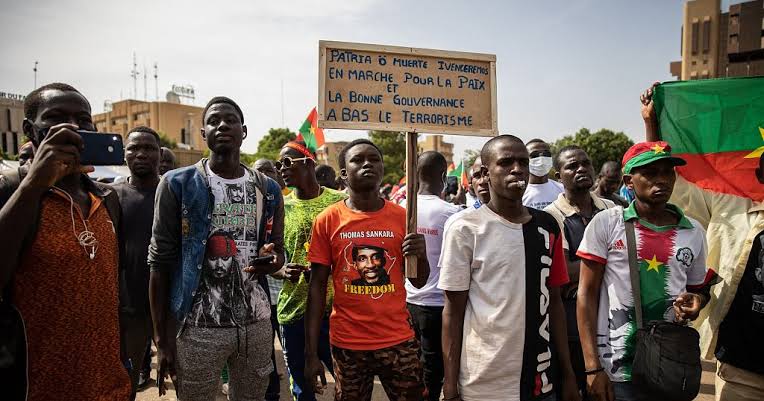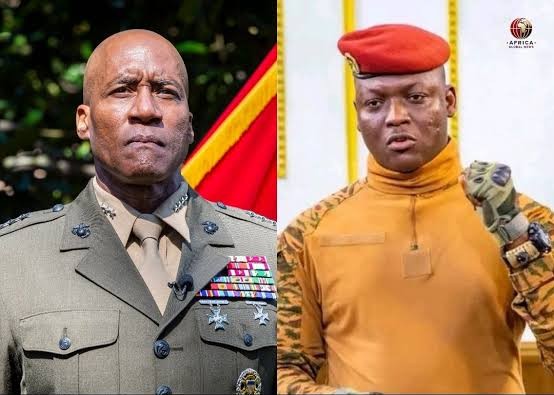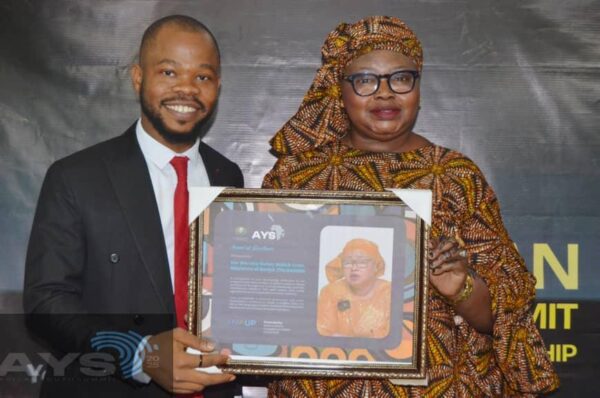Why women are underrepresented in African politics

The underrepresentation of women in politics in Africa, as in many other parts of the world, is a complex issue with multiple factors contributing to it. Some key reasons for the low participation of women in politics in Africa include:
1. Cultural and societal norms: Many African societies have deeply ingrained patriarchal norms and traditional gender roles, which limit the opportunities available to women in the political arena. Traditional expectations and perceptions of women’s roles as caregivers and homemakers can discourage women from pursuing political careers.
2. Limited access to education and resources: Unequal access to education and limited resources disproportionately affect women, hindering their ability to engage in politics. Without education and the necessary resources, women may lack the skills, confidence, and networks needed to enter and navigate the political sphere.
3. Gender-based discrimination and stereotypes: Women often face discrimination and bias when participating in politics, including gender-based violence, harassment, and prejudiced attitudes. Stereotypes that portray women as less capable leaders or less suited for political roles further perpetuate the gender gap in politics.
4. Lack of supportive policies and institutions: Insufficient legal frameworks, political party structures, and institutional support can hinder women’s political participation. Inadequate representation quotas, limited support for women candidates, and a lack of gender-responsive policies and practices in politics create barriers for women to enter and succeed in politics.
5. Socio-economic challenges: Women in Africa often face socio-economic barriers such as poverty, unequal access to resources, and limited financial support. These challenges make it difficult for women to devote time and resources to political campaigns, making them less competitive compared to their male counterparts.
6. Limited role models and mentorship opportunities: The absence of visible women leaders in politics can contribute to a lack of role models and mentorship opportunities for aspiring female politicians. Having women in influential political positions is essential for inspiring and empowering the next generation of women leaders.
Addressing the underrepresentation of women in politics requires multi-faceted approaches, including:
– Implementing gender quotas or affirmative action policies that ensure a certain percentage of political positions are reserved for women.
– Promoting women’s education and providing training programs to develop their leadership and political skills.
– Encouraging political parties to actively recruit and support women candidates, providing financial and organizational resources.
– Raising awareness about the importance of gender equality in politics and challenging gender stereotypes through advocacy campaigns and education.
– Creating supportive legal frameworks and policies that promote gender equality in political participation.
– Strengthening women’s networks and mentorship programs to provide guidance and support for aspiring women politicians.
– Engaging men and traditional leaders in promoting gender equality and dismantling patriarchal norms and practices.
By addressing these underlying factors and working towards creating an enabling environment for women’s political participation, progress can be made in increasing the representation of women in politics in Africa.




